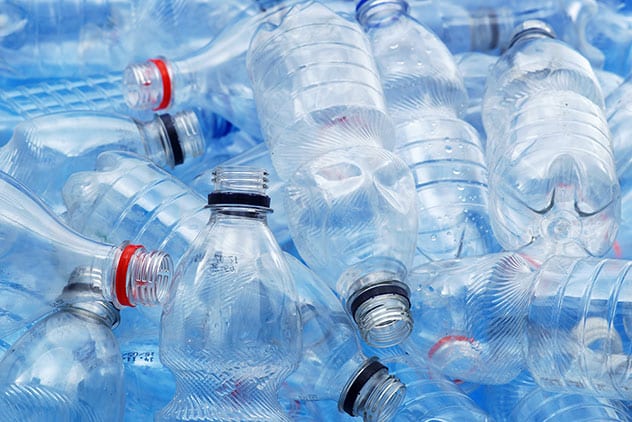The study, published in the Proceedings of the National Academy of Science, examined the health effects of a common BPA alternative, bisphenol S (BPS).
Looking at the effects of BPS in a mouse’s placenta, the scientists discovered that BPS could penetrate through the maternal placenta, transferring to the developing child.
The scientists noted that the body doesn’t have the ability to mitigate the detrimental effects of industrial-made chemicals. As these chemical have the ability to lower the placenta’s serotonin production, it can compromise fetal brain development as the brain relies on serotonin found in the placenta.
Scientists have long understood the harmful effects of BPA when it comes to early pregnancy – noting the chemical’s role in early pregnancy loss, placental diseases and various negative health outcomes after birth.
While these effects have become more understood in the mainstream, the scientists from the University of Missouri warn against the alternative chemicals used in “BPA-free” labelled products.
“The developmental exposure to BPA or even its substitute, BPS, can lead to longstanding health consequences,” says researcher Cheryl Rosenfield.
In addition to BPS, there are several other chemicals commonly used in “BPA-free” products, such as BPF, BPAF, BPZ, BPP and BHPF. Though different, all contain the same basic chemical structure of a bisphenol, making them very similar to BPA and BPS.







